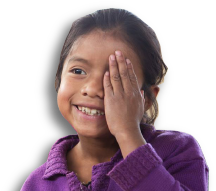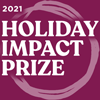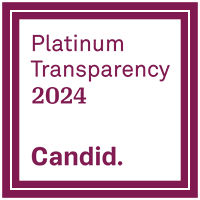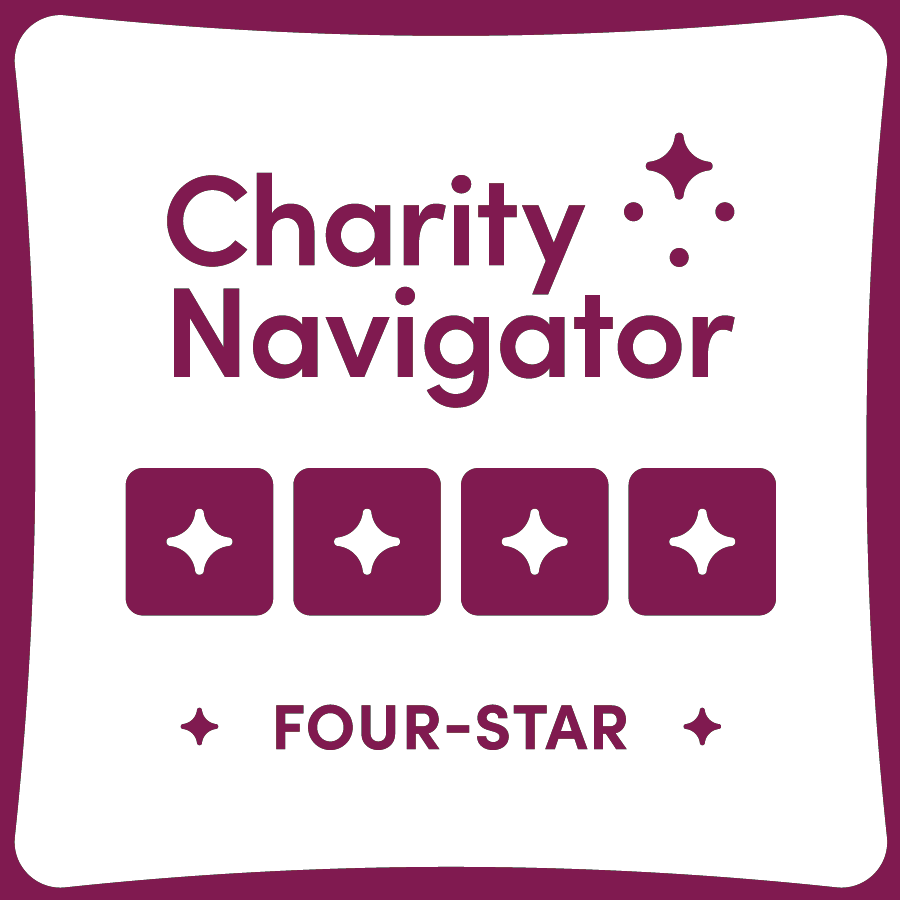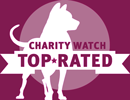We are proud to announce that Dr. Suzanne Gilbert, Senior Director of Seva's Innovation & Sight Program, has been honored by our longtime partner the Aravind Eye Care System with the Dr. G. Venkataswamy Endowment Award. The award recognizes the contribution Suzanne has made toward the prevention of global blindness.
The following Q&A with Suzanne provides an opportunity to learn more about the important work to which she has dedicated so much of her life.
You are a founding staff member of Seva and have been with the organization for 38 years. How did you become involved with eye care and what has it been like to watch the organization grow over the years?
I have been a friend of Seva co-founders Girija and Larry Brilliant since before they made the first phone calls in 1978 that sprouted Seva. They had recently returned from the smallpox eradication program in India. My husband and I had just returned from a year in Nepal where I was on a Fulbright grant (my 3rd visit to Nepal by that time). Hearing that the Brilliants were getting a group together to consider ways to reduce blindness in Nepal, I swung into action to help plan what became Seva's founding meeting.
Having spent some time in India and Nepal, I had a jaundiced view of the international development efforts of the day. I found that too many projects were controlled by foreigners who had little knowledge of the underlying issues affecting communities and how to get things done. It was the norm that too little planning, too much money and too little time went into "foreign aid." There were some exceptions, of course, but the dominant methods of international development really turned me off. Although I had spent years studying cultural anthropology and linguistics of South Asia, I shifted my work as a social epidemiologist to health disparities in the US.
It was during the founding of Seva that I got renewed hope in the prospect of working with an organization that would truly do good in the world through programs in other countries. Seva's respect for all cultures, high regard for the essential knowledge and solutions of community members, and commitment to reducing the "us-them" paradigm of "international development all were very appealing to me. The eclectic blend of Seva founders, their dedication and skill, and their immense capacity to do good attracted me and I became an active volunteer from day one.
Tell us about your relationship with Dr. Venkataswamy and why receiving this award is particularly meaningful.
I met Dr. V when he came to the US for the Seva founding meeting in 1978. After the meeting, he visited me at my office at the University of Michigan Medical School where I was conducting my doctoral research. He was actively interested in the work I was doing and spent a lot of time learning about it. After about an hour, he asked me to leave my research and help him understand why poor blind people were not coming in large numbers for free cataract surgery at his new hospital in Madurai, India. I went home that evening and after discussion with my husband and a few friends, decided to totally re-focus my work on the prevention of blindness. Given other urgent program needs at that time, I worked on the issue of blinding trachoma as part of Seva's Nepal Blindness Survey. Dr V's and Aravind's assistance with the Survey was immense, particularly considering that 1980-81 was a period of struggle and rapid growth for Aravind Eye Hospital, which he had started in his house and was moving into its first real building.
Throughout the years from 1978 to his passing in 2006, Dr V and I had a close working relationship. He was both teacher and friend, more of a guide, really. His example and his influence touched me and hundreds of other people through his active engagement and caring. Today, through the network of Aravind hospitals, training programs, and research activities, literally thousands of eye health professionals are inspired by him.
What is your role today at Seva and within the greater global eye care community?
As Senior Director of Innovation & Sight Programs, I lead Seva's efforts to bring good science, creativity and compassion to the objective to restore sight and prevent blindness in communities worldwide. Seva's programs now extend to more than 20 countries, including the US. Each is stewarded by skilled Seva staff along with seasoned regional partners who bring deep awareness about local needs, and strong skills and dedication to serve everyone in the community.
From its early years, Seva has been a player at the global level through the International Agency for the Prevention of Blindness (IAPB) and the World Health Organization (WHO). I have represented Seva in eye care consortia within the US and worldwide. I am currently IAPB Chair for the North America Region and serve on the Global Outreach and Education Committee of the American Academy of Ophthalmology. I also am fortunate to participate with groups of changemakers who work beyond eye care. For example: Skoll World Forum for Social Entrepreneurship.
What specifically is it about the importance of increasing access to eye care that has kept you so dedicated all these years?
After I witnessed the transformation of a person who was blind from cataract and received sight after a 15-minute operation, I was hooked! Millions of people needed only that 15 minutes with a skilled surgical team, who with just $50 in resources, could complete the surgery successfully. My focus rapidly turned to how Seva could make the surgery universally accessible, affordable and sustainable. What has kept me focused all these years has been the need to morph solutions that work in one part of the world to fit in others and to develop the management and human resources systems that can be sustained in communities around the world.
What is your vision for the future of eye care?
Eye care is in the early stage of a major transformation that will reach more people, with better care, when and where they need it. A huge contribution to this transformation is the shrinking of the world through internet connectivity, mobile phones, and gradually improving transportation infrastructure. An accompanying contribution is the greater experience and knowledge base in developing countries to inform and direct the formation of services. I already see health care improvements in some isolated communities around the world that years ago I would have said would be impossible. The greatest requirement for expanding capacity to reach those in need is the active engagement of local people to make it happen.
What else would you like our readers to know?
Aravind Eye Care System and Seva share Dr. V's DNA. This carries with it a deep responsibility to honor his tenacity and effectiveness and his compassion for others. Seva's work, including the recent development of the Global Sight Initiative, which aims to provide sight-restoring cataract surgery for one million additional people annually, is a direct expression of his commitment to transform lives through eye care.

Above: Seva's Dr. Suzanne Gilbert.
Top: Dr. Suzanne Gilbert with the late Dr. G. Venkataswamy.
Learn more about Seva's eye care programs.

